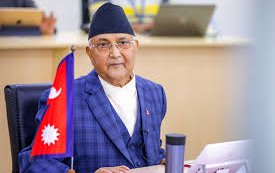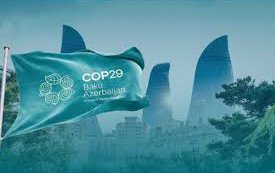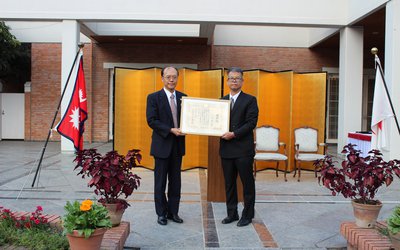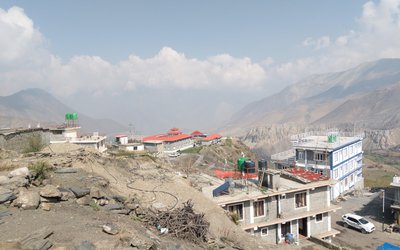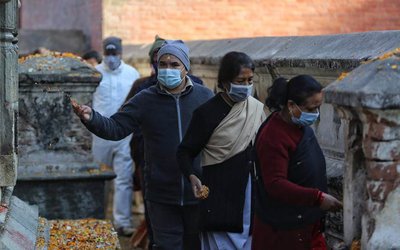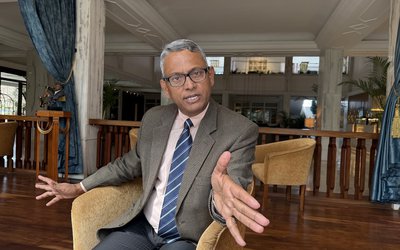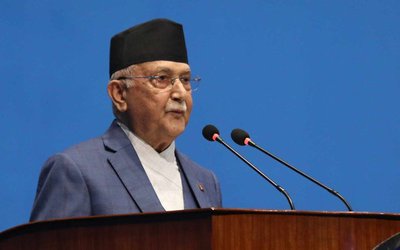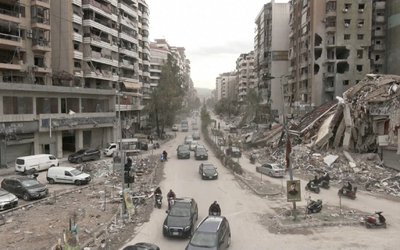With the expansion of the cabinet led by chief justice Khil Raj Regmi, Nepal has firmly started into election politics. However, nobody is sure the elections will be held in June or November. Given Nepal’s political history over the six decades, there are reasons to suspect that elections can be held easily or, when held, they bring any respite and political stability in the country. Nepal seems to negotiate a long way before making a move on the course of political stability. In sixty years, Nepal has already experimented a number of political systems and constitutions. The present interim government led by chief justice Khil Raj Regmi is one in this series of experiments. As we have been noting for long that Nepal’s political crisis is not only the reflection of Nepal’s own internal crisis, we only reiterate now that it is beyond the control of Nepali politicians. Renowned American scholar and Nepal expert late Leo Rose used to argue that external relation of bigger country is determined by its internal politics. He further said that internal politics of small country is determined by external politics. Being a small country, Nepal’s internal politics seems to have a little to do with major political upheavals of the last sixty years. Buffeted between Asia’s two most powerful countries, India and China, Nepal’s reality is that its internal political institutions are uncompetitive to direct the political course. This is the reason Nepal’s constitutional order and political systems have been changing very unusually under political decrees. While this remains a running theme, instead of looking at the unending and uncertain political games, we have decided to cover the drinking water situation of Nepal as our cover story for the issue. Despite several years of efforts, Nepal’s water and sanitation indicators are still poor.

Keshab Poudel
Poudel is the editor of New Spotlight Magazine.
- The Relationship Between Kosovo And Nepal Is Robust: ELBERT KRASNIQUI
- Nov 29, 2024
- ADB’s REFP: Women (Em)Power
- Nov 28, 2024
- NEPAL-BANGLADESH POWER TRADE : A Significant Achievement
- Nov 21, 2024
- BEEN: Honoring The Contribution
- Oct 22, 2024
- Nepal Commemorates 7 October And Calls For Release Of All Hostages Including Bipin Joshi
- Oct 07, 2024

